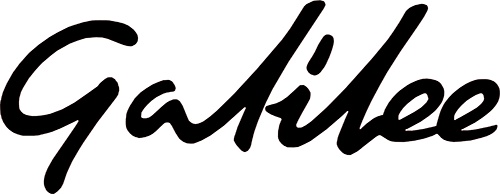In contemporary discourse, wealth is too often flattened into a numerical abstraction—net worth, investment portfolios, material assets. But such a reduction is a disservice not only to the semantic richness of the term but to the philosophical and functional realities it is meant to describe. To define wealth solely in financial terms is akin to defining music merely by its decibel level. The true measure of wealth, properly understood, lies not in what one possesses, but in what one is empowered to do—and ultimately, in who one is empowered to become.
Wealth as Existential Capital
At its core, wealth is existential capital: a constellation of resources—material, intellectual, relational, and temporal—that confer the capacity to shape one’s environment and destiny. It is not merely the presence of surplus, but the presence of leverage. A person of great wealth is not one who owns everything, but one who can choose, influence, and withstand. They move through the world not as a captive of circumstance but as a participant in authorship.
This existential dimension reorients wealth as a function of capability, not possession. A reclusive billionaire with no joy, insight, or freedom may be economically rich but existentially impoverished. By contrast, an intellectually fertile, relationally connected individual with modest means may be ontologically affluent—rich in time, meaning, and influence.
The Multidimensional Topology of Wealth
Wealth is not a monolith but a dynamic topology—a living architecture composed of diverse domains:
-
Financial Wealth – The most quantifiable domain, representing liquidity, capital, and economic security. It is foundational, but not exhaustive.
-
Temporal Wealth – The rarest asset in the modern world. To command one’s own time is to possess a freedom more precious than currency.
-
Cognitive Wealth – The ability to learn, reason, and synthesize. It is the fountainhead of innovation and foresight.
-
Relational Wealth – Trust, love, reputation—intangible, yet profoundly consequential. No wealth is secure without social capital.
-
Spiritual Wealth – A sense of purpose, alignment with higher values, or connection with transcendence. It is this wealth that renders all others meaningful.
To be wealthy in the fullest sense is to be in harmonious possession and creative deployment of all five.
The Myth of Scarcity and the Economics of Intention
A critical flaw in conventional economic thinking is the assumption that wealth is fundamentally scarce and competitive. This belief breeds zero-sum mentalities and short-sighted hoarding. But if wealth is potential rather than possession, then it is generative, not exhaustible. Creativity begets creativity; trust begets cooperation; insight begets insight. Thus, the wealthiest among us are often not those who consume the most, but those who contribute the most—through value creation, catalytic relationships, and systems transformation.
Wealth, therefore, must be understood through the lens of intention and impact, not merely accumulation. Two individuals with identical material assets may live profoundly unequal lives depending on their clarity of purpose and capacity for meaningful action. Wealth is, at least in part, a function of inner architecture.
Toward a Post-Material Definition of Wealth
If humanity is to thrive in the age of complexity, it must evolve past primitive measures of wealth. GDP, salary, and net worth are necessary but insufficient indicators of well-being and societal health. A civilization obsessed with hoarding wealth while hemorrhaging meaning is destined for imbalance. The future of wealth lies in systems that prioritize generative capital—that is, the kind of wealth that enriches not only the holder but the environment.
In this light, education is not an expense but an investment in cognitive and civic wealth. Time spent in contemplation or art is not leisure, but a refinement of spiritual and creative wealth. Meaningful conversations are not distractions; they are transactions in the relational economy.
Conclusion: Wealth as the Architecture of Being
In conclusion, wealth is best defined not as a stockpile of resources but as the architecture of being—an integrated structure of capacity, potential, and purpose. It is what enables agency, resilience, creativity, and legacy. To be wealthy, then, is not merely to have, but to be able—to author one’s path, to shape one’s context, and to elevate the human condition.
In a world fixated on numbers, we must recover this fuller, more dimensional understanding of wealth. For only then can we cultivate societies—and selves—that are truly rich.



Share: